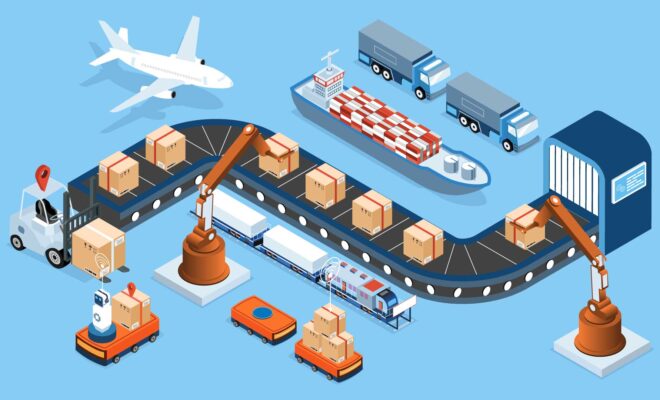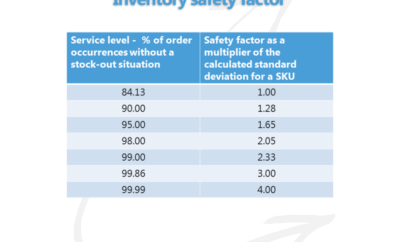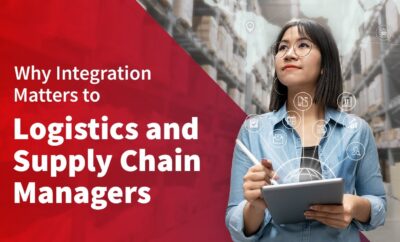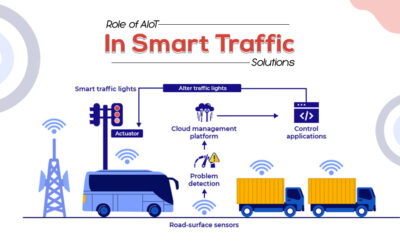
Logistics
How to Learn Logistics: Education and Training for Career Success
Does Work Experience Count? The Ongoing Debate in Logistics Education
A recent article in The Age highlights a growing concern: universities often fail to recognise relevant work experience when awarding credit to students, contributing to a shortage of qualified professionals. While vocational institutions address this gap through Recognition of Prior Learning (RPL), universities are more hesitant to give practical experience the academic weight it deserves.
This discussion is far from new. As someone who lectures in logistics, I recall a moment when a fellow academic dismissed our group as “business people masquerading as academics.” The implication? That universities should focus on abstract thinking and critical inquiry, not practical applications. It’s a sharp reminder of the tension between theory and practice in higher education.
Training vs. Education: Finding the Right Balance
A common distinction is that vocational training teaches the how—the technical skills needed on the job—while university education explores the why—the strategic, philosophical, or theoretical foundations behind those practices.
Take logistics: knowing how to run a warehouse efficiently is vital. But so is understanding why a company might choose to own, lease, or outsource warehouse operations. These are complementary—not conflicting—forms of learning. The challenge lies in deciding how much weight each should carry in a given program.
Could we apply an 80/20 rule? Should university programs focus 80% on the why and 20% on the how, and vocational diplomas the reverse? Or is another ratio more appropriate?
Universities and the Commercial Pressure
With rising student fees and market-driven models, universities increasingly offer professional programs—industry-aligned degrees that promise career-ready outcomes and command premium tuition. But this creates a new tension: how do you design a curriculum that satisfies both academic integrity and practical expectations?
Currently, vocational diplomas in logistics lean heavily on competency-based assessments—focused on doing, not questioning. University programs, meanwhile, vary widely in how they integrate the two.
Should Experience Replace Academic Study?
If universities were to formally recognise industry experience, would that be equivalent to academic learning? Can years of managing a warehouse substitute for the strategic thinking required to design a distribution network? Does experience alone justify exemption from core subjects?
These are critical questions for both educators and professionals as we rethink the value and structure of logistics education.




0 comments